Five new Wallenberg Academy Fellows to KI

Of the 31 researchers appointed Wallenberg Academy Fellow this year, five will be active at Karolinska Institutet. The five-year grant is awarded by the Knut and Alice Wallenberg Foundation and provides young, promising research leaders with long-term research funding in Sweden.
Can human hearts be healed in the same way as ribbed newts? Can obesity be explained by a neural pathway that connects the brain and adipose tissue? These are just a few of the research questions that this year's Wallenberg Academy Fellows at KI will examine.
The grant amounts to between SEK 6.5 and 15.6 million per researcher for five years, depending on the subject area, and is awarded in the fields of natural sciences, medicine, technology, humanities and behavioural sciences. Including this year's cohort, 261 young researchers, 46 percent of whom are women, have been appointed Wallenberg Academy Fellows.
Stronger as a knowledge nation
Members of the Royal Swedish Academy of Sciences assist the Foundation by reviewing the applications and helping with selection. The Academy also runs a mentoring program in which the selected researchers can participate.
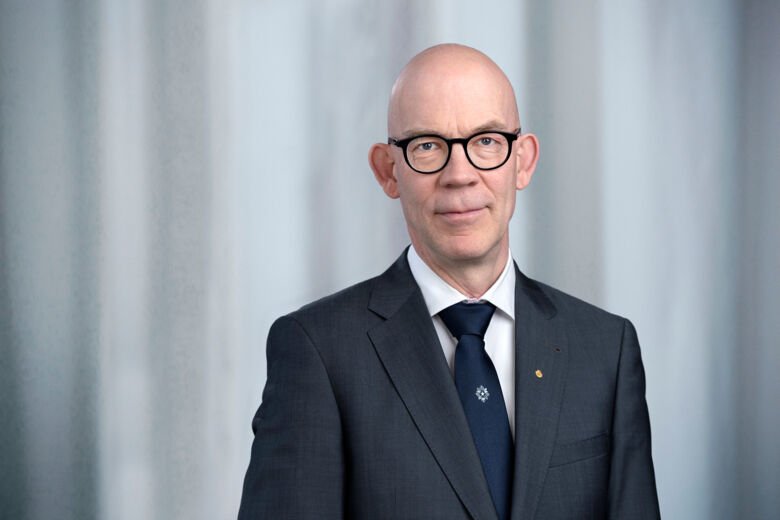
"This is a great way for us to learn about the fascinating projects that are being planned and to contribute by identifying the ones with the most potential. For the Academy to then be part of it by using the mentoring program to guide these young researchers in their careers is really motivating," says Hans Ellegren, secretary general of the Royal Swedish Academy of Sciences.
Thanks to the programme, several of the researchers can continue to conduct their research in Sweden, while others are recruited to Sweden to build their research here.
The funding programme began in 2012 and aims to strengthen Sweden as a knowledge nation.
Wallenberg Academy Fellows 2023
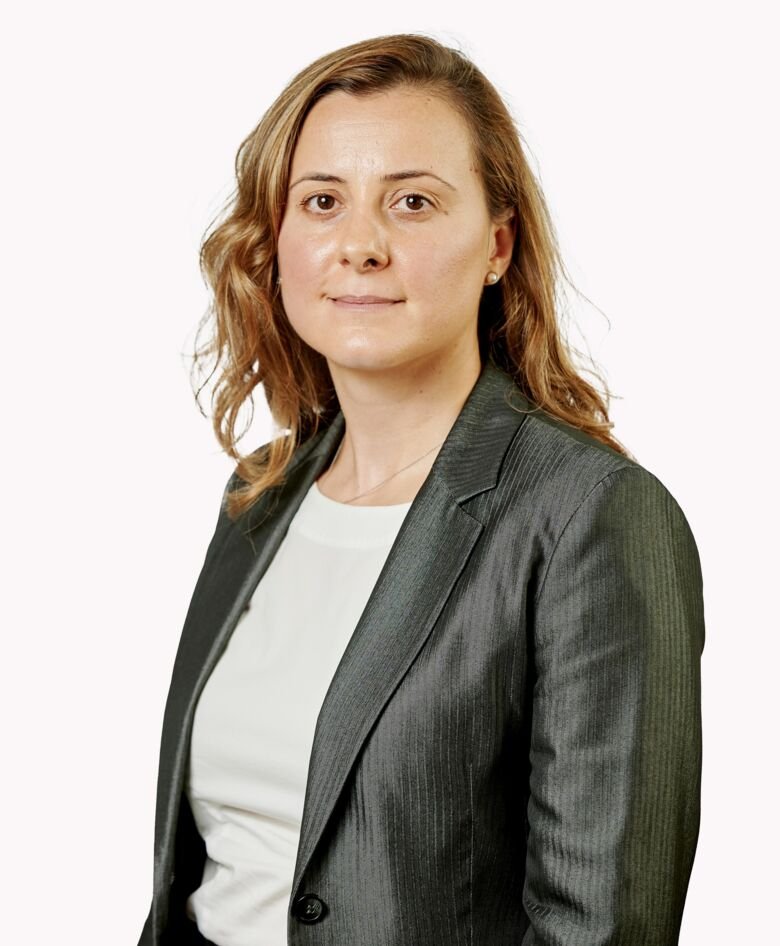
Elif Eroglu
Department of Cell and Molecular Biology
About the research: During a heart attack, millions of heart muscle cells become oxygen-deprived and die. It leads to irreversible damage to the human heart. The muscle cells are replaced with other cells, fibroblasts, and a debilitating scar appears on the heart muscle.
However, there are animals that are able to heal their hearts. Among them, the rib salamander, in which cells that surround the heart, known as epicardial cells, move to the injured area.
Wallenberg Academy Fellow Elif Eroglu is studying these animals with the goal of being able to manipulate cells in the human heart so that they can heal the damage after a heart attack.
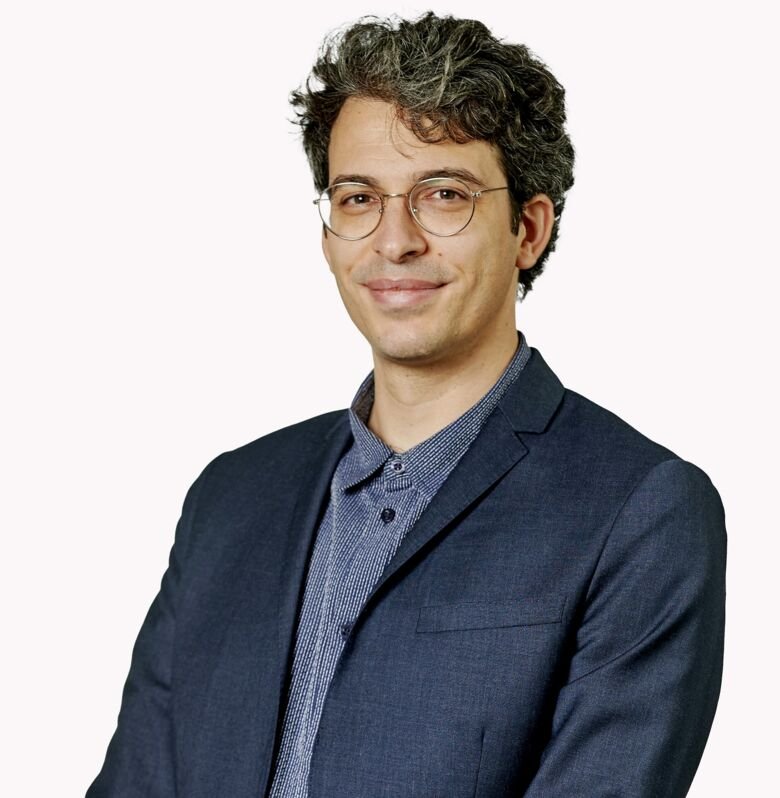
Alessandro Furlan
Department of Neuroscience
About the research: More and more researchers believe that obesity is more complex than previously thought.
Brain mapping shows functional changes in people with obesity, and adipose tissue also changes, releasing hormones into the bloodstream that affect the brain and other organs. Recently, researchers have started to discover the neural pathways that connect the brain and adipose tissue.
Wallenberg Academy Fellow Alessandro Furlan will now explore how these neural circuits affect eating behavior and metabolism in mice.
The long-term goal is to gain a deeper understanding of how body weight is controlled so that people with obesity can receive lasting help.
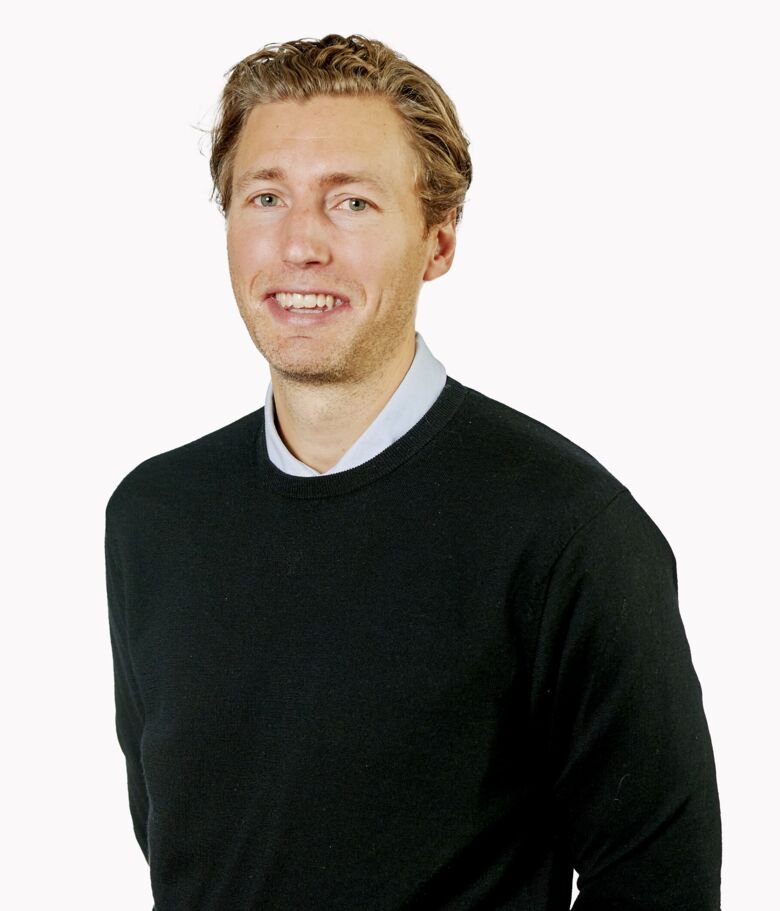
Niklas Mejhert
Department of Medicine, Huddinge
About the research: In people with abdominal obesity and type 2 diabetes, fat is often blasted into the liver, blood vessels and other organs.
One reason for this is that the body's adipose tissue is less responsive to the hormones – insulin, noradrenaline and special peptides – that regulate the body’s ability to store fat when there is an energy surplus and release it when energy is needed.
Wallenberg Academy Fellow Niklas Mejhert will continue to study the interaction between cells in adipose tissue. How does it affect the body's ability to store and release fat?
The hope is to understand what goes wrong in abdominal obesity and find new ways of treating this endemic disease.
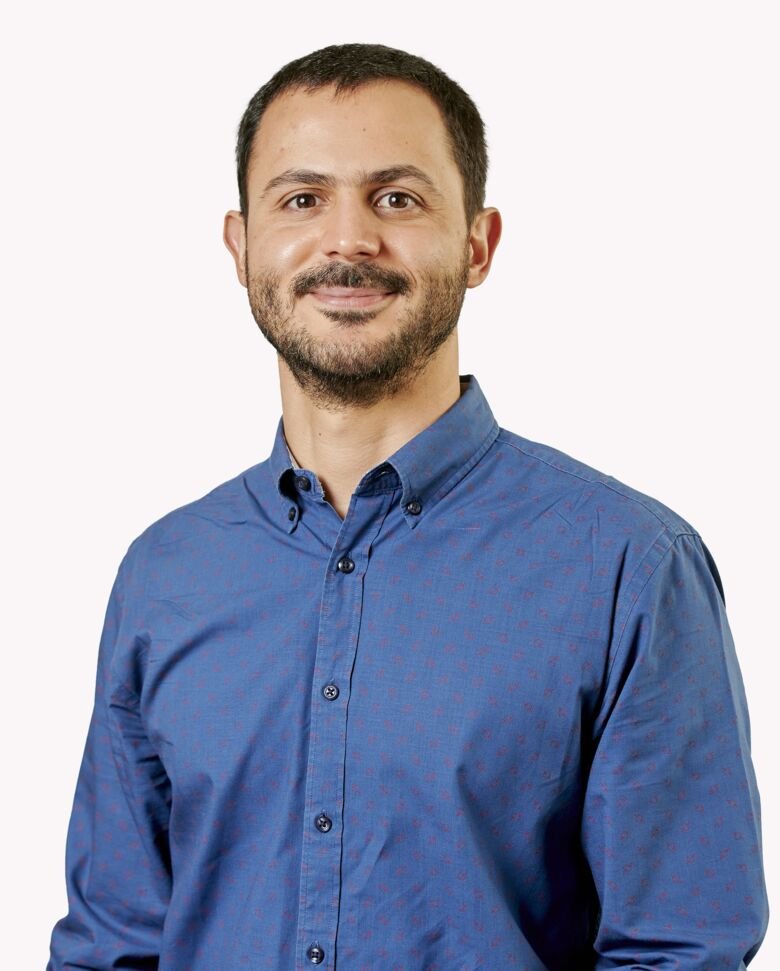
Stefanos Stagkourakis
Currently at Caltech, USA
About the research: Many mental disorders are chararacterized by the loss of control of instinctual behaviors, which are otherwise essential to our survival.
Some people binge on food, others develop a sex addiction and some become extremely aggressive. The brain centers that control our instincts are often located deep in the brain. Therefore, it has been difficult for researchers to understand what triggers instinctual reactions.
Wallenberg Academy Fellow Stefanos Stagkourakis will now study how different brain centers interact when mice react instinctively.
He will also study how physiological and environmental variables influence the activity of large neural networks that guide the expression of instincts. The research will be conducted at Karolinska Institutet.
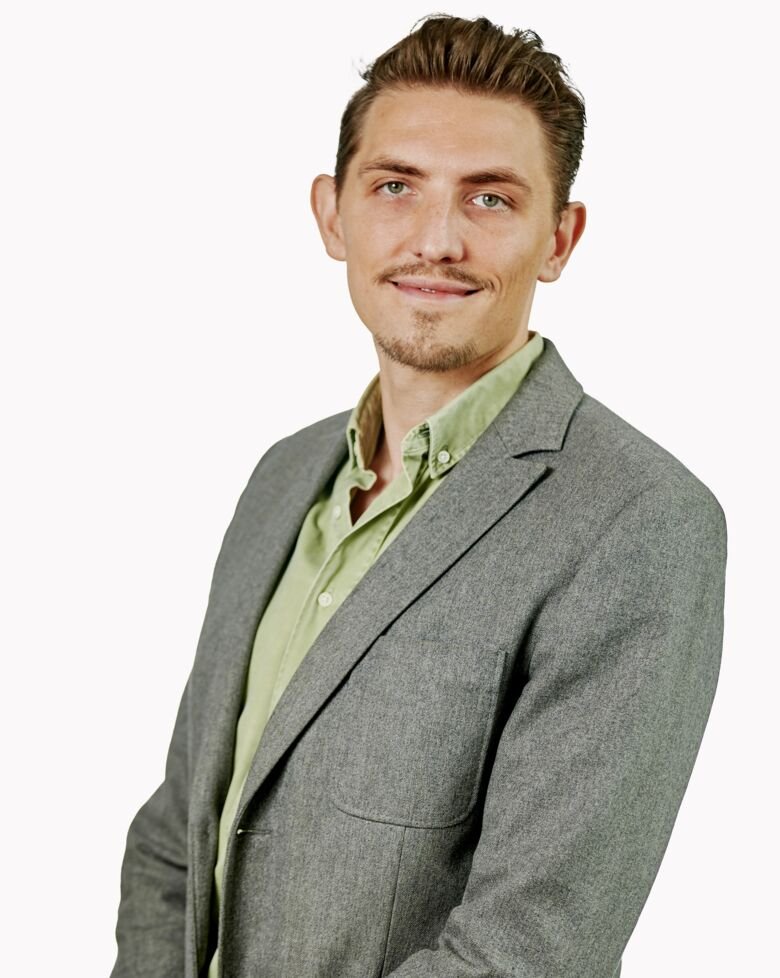
Hugo Zeberg
Department of Physiology and Pharmacology
About the research: When researchers succeeded in mapping genes from the Neanderthals in 2010, they discovered that part of their genome lives on in us.
Since then, studies have shown that gene variants from Neanderthals seem to play a role in our immune system and increase the risk of severe COVID-19, while at the same time providing protection against HIV.
During the COVID-19 pandemic, it became clear how our prehistoric heritage affects us. About one in three people who were hospitalized carried a gene variant that originated from the Neanderthals.
Wallenberg Academy Fellow Hugo Zeberg will now investigate how more gene variants from both Neanderthals and their East Asian relatives, the Denisovans, influence our health.
